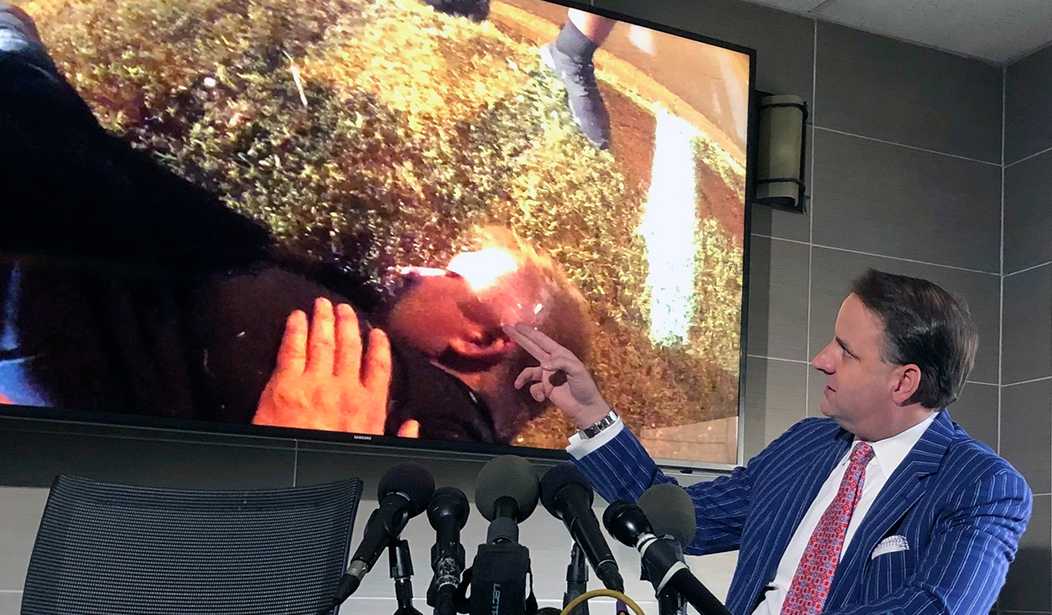The trial against the officers involved in the 2016 death of Tony Timpa in Dallas continues. Two of the officers gave testimony to the jury on Thursday, claiming they were not responsible for his demise. The jury also heard from scientific experts from the defense and plaintiff about the nature of Timpa’s passing.
If Dallas police officer Dustin Dillard could redo the night of Tony Timpa’s death, he’d be more assertive.
Not because he did anything wrong, Dillard told a federal civil jury Thursday, but because paramedics didn’t act with urgency once the officer realized something was wrong.
“I did not hurt Mr. Timpa,” Dillard testified. “I did not kill Mr. Timpa. I did nothing wrong.”
Now a family violence detective, Dillard is accused of excessive and unreasonable force in the Timpa family’s lawsuit, which also alleges three other officers failed to intervene after Dillard knelt for nearly 14 minutes on the back of the 32-year-old, who was in a mental health crisis. Timpa died in police custody Aug. 10, 2016.
…
The city of Dallas is representing Dillard, along with Raymond Dominguez, Kevin Mansell and Danny Vasquez. All but Mansell remain on the force. Dillard, Mansell and Vasquez were indicted in 2017 on criminal charges of misdemeanor deadly conduct, but Dallas County District Attorney John Creuzot dismissed the case after, he said, three medical examiners would not testify the officers acted recklessly.
During the first three days of testimony, which started Monday, medical science took center stage as both sides disputed whether the officers’ actions led to Timpa’s death. They’ve also debated police training on mental health calls and Timpa’s level of resistance and medical history.
At one point during the proceedings, Officer Dillard addressed Timpa’s parents, who were present in the courtroom.
Offered the chance Thursday to speak to Timpa’s family, Dillard paused and looked at Timpa’s parents Vicki and Joe. He said he offered his deepest condolences and sympathy, adding that while the last seven years have been painful for him, he knows they’ve been “unimaginable to you.”
“I just wanted to get him help that night,” Dillard said.
“I hated that he died. I know what it’s like to live without a father. I pray for Tony and you every single day, and I always will.”
Former police officer Kevin Mansell, who was also present at the scene in 2016, recounted what happened on that day. He also indicated that Timpa’s case was one of the reasons he left the force.
Mansell testified he first saw Timpa handcuffed by a security guard on the side of the road. He went to his car and when he came back Timpa had rolled into the road. Mansell said he and two security guards picked up Timpa and moved him to a grassy area.
Mansell said he went back to the ambulance and asked paramedics if they had the list of Timpa’s medications. The paramedic “looked at me and said, ‘He’s dead,’” Mansell testified.
The officer recalled being on the phone with Timpa’s stepmother when he found out that he died. He said he told her that “something has happened to Tony” and promised to call her back.
He said he cursed “very loudly, very sternly because I was upset.” He testified he was thinking Timpa had gone from rolling around and kicking to “completely the opposite within minutes — and what the hell happened?”
He said he called Timpa’s father back and told them to go to the hospital. Mansell said he didn’t tell them Timpa had died because the Fire Department doesn’t pronounce death, the medical examiner’s office does, and he didn’t know the result of ongoing CPR.
The incident began when Timpa called 911, telling them that he was unarmed and that he had not been taking his anxiety and schizophrenia medication. Bodycam footage showed officers pinning him to the ground face down. Dillard knelt on Timpa’s neck for about 14 minutes, which led to his death according to the medical examiner. His death was ruled as a homicide brought about by “the toxic effects of cocaine and the stress associated with physical restraint.”
The road to the trial was fraught with several roadblocks, which took Timpa’s parents seven years to overcome. One of the major roadblocks was qualified immunity, which protects government officials from civil liability in many cases. It was originally meant to prevent frivolous lawsuits, but the doctrine has also been used to help officers avoid accountability when they overstep their boundaries.
The city government initially kept the bodycam footage under wraps and misled Timpa’s parents about the circumstances of his demise. However, the footage was eventually released by court order. Still, courts found that qualified immunity protected the officers involved. Later, an appeals court overturned this decision, arguing that the use of force on Timpa, who was already restrained, was “objectively unreasonable.”













Join the conversation as a VIP Member